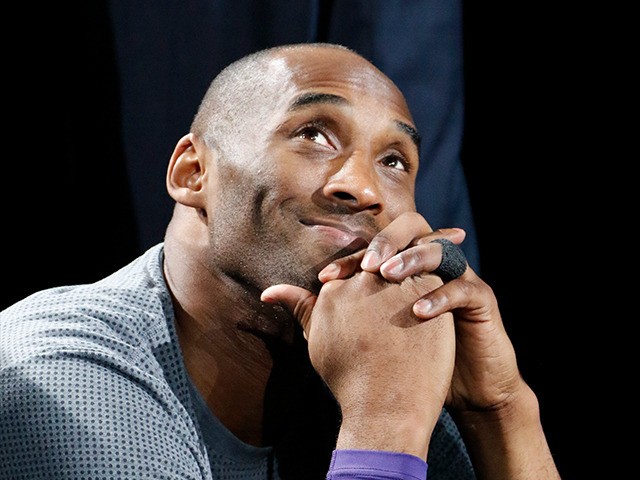
by the thehill.com — Hanin Ghaddar — Against the backdrop of three months of political and economic protests, Lebanese politicians appear to have reached a deal establishing a nominally technocratic government in Beirut. Still beholden to Hezbollah, the government has little Sunni or Druze support. Some protesters already call this a “Halloween government” since it gives thinly disguised cover to longtime establishment politicians. But the new government is unlikely to be able on its own to tackle the single biggest challenge it faces: the rampant corruption responsible for the country’s acute financial crisis. The formation of a new Lebanese government has been a central demand of the international community and a necessary precondition for any international aid. But that is not enough. The government must quickly take action to fight corruption and enhance transparency. For a country that has run on corruption and political patronage, this will be a very heavy lift.
Nearly all of Lebanon’s political establishment is entangled in Beirut’s deep-rooted corruption crisis, which cuts across the sectarian divide. Lebanon ranks 138th out of 180 nations in the Corruption Perceptions Index released by the anti-corruption watchdog Transparency International. Meeting in December, the International Support Group for Lebanon issued a final statement in Paris urging Lebanese authorities to “take decisive action” to tackle corruption and tax evasion while improving economic governance and the country’s business environment. At the time, U.S. Secretary of State Mike Pompeo said that while Lebanon must take these steps, the U.S. is ready to “do the things that the world can do to assist the Lebanese people getting their economy right and getting their government right.”
Today, the U.S. should take action that would force the new government’s hand and empower it to take on the corrupt political establishment — something no Lebanese government could otherwise do on its own: Washington should issue sanctions targeting some of the most egregious corrupt actors across the Lebanese political and sectarian spectrum under the Global Magnitsky Act. Corrupt leaders seek profit and the political power that comes with funding patronage projects. Global Magnitsky sanctions would not only name and shame Lebanon’s most corrupt actors, it would block all property and interests they hold in the United States, which are likely to be substantial. There are other tools available to designated political corruption — such as Section 7031(c) of the Department of State, Foreign Operations, and Related Programs Appropriations Act, 2020. The State Department employed this tool earlier this month targeting Moldovan corruption, but it includes only a ban on visa to enter the United States for the designee and their family members, and it lacks the authority to block funds held in the United States. Global Magnitsky would be a better fit in the case of Lebanon.



![Bassil enjoys unwavering support from his Christian base, who see him as a shrewd hard worker and a protector of their rights [Tamas Kovacs/MTI via AP]](https://www.aljazeera.com/mritems/imagecache/mbdxxlarge/mritems/Images/2020/1/25/f71f2eec8e334f17ab09fab163794705_18.jpg)






